With the objective of protecting nine priority species of marine megafauna, including sea turtles, scientific bodies in Greece and Italy are collaborating to study and tackle the threats within the framework of the LIFE MareNatura European project.
Last July saw the successful completion of the first ever Marine Conservation School in Greece, jointly organized by the partners of the ARCHELON project and the Natural Environment and Climate Change Agency (NECCA). This pioneer Training Seminar titled “Management and protection of the Caretta caretta and Chelonia mydas species” was designed with the aim of transferring special and necessary knowledge for the protection of the sea turtles from the competent bodies.
The seminar lasted three weeks and gathered executives of the Protected Area Management Units (MPUs) from all over Greece at the ARCHELON Environmental Station in Agiannakis Messinias. The participants received extensive training in the biology, threats and conservation methods of sea turtles with a view to subsequently forming a Task Force on protected species related to the LIFE MareNatura project.
The seminar included both theoretical and practical training. Participants had the opportunity to observe sea turtle life up close, taking part in morning and night patrols at the Agiannakis nesting beach in Kyparissia Bay, one of the most important habitats for the loggerhead in the Mediterranean. There, they were trained in track recognition, nest locating, turtle tagging and other field activities, under the guidance of experienced ARCHELON executives M. Souroulidis, K. Teneketzis and Th. Michaelidis. In addition, distinguished ARCHELON scientists, such as the researcher Dr. A. Panagopoulou, the oceanographer D. Phytilis and the lawyer P. Theodorou, presented the latest developments in the field of research and legislation for sea turtles.
Biology professor A. Mazaris of the AUTh spoke to the participants about the way turtles are affected by climate change, while H. Dimitriadis from NECCA spoke about the pressures faced by animals in the marine space and L. Sourbes from NECCA gave examples of good practices in adaptive management.
In the third week, the seminar was hosted at the offices of the Management Unit of Kotychi, Strophylia and Western Peloponnese Protected Areas, where P. Theodorou explained the new institutional framework for the protection of sea turtles, while the threats and parties involved were mapped and specific objectives were set by participants.
“Collaboration with NECCA, which is the body responsible for protected areas, sharing knowledge and experience to its officers are an important step in strengthening efforts to preserve sea turtles in Greece” points out Dr. A. Panagopoulou, ARCHELON Research Coordinator and Vice-President of the IUCN Sea Turtles Expert Group.
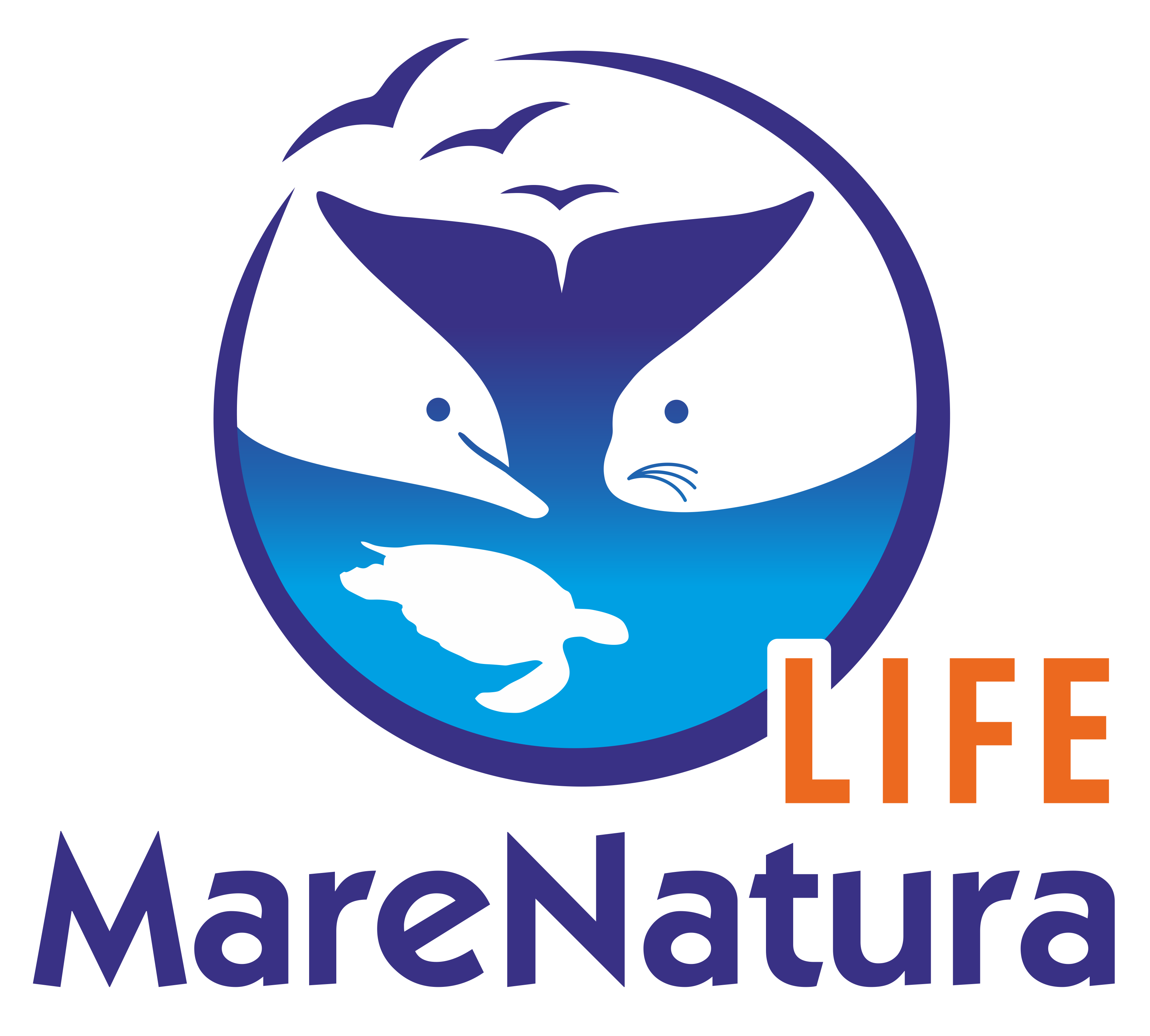
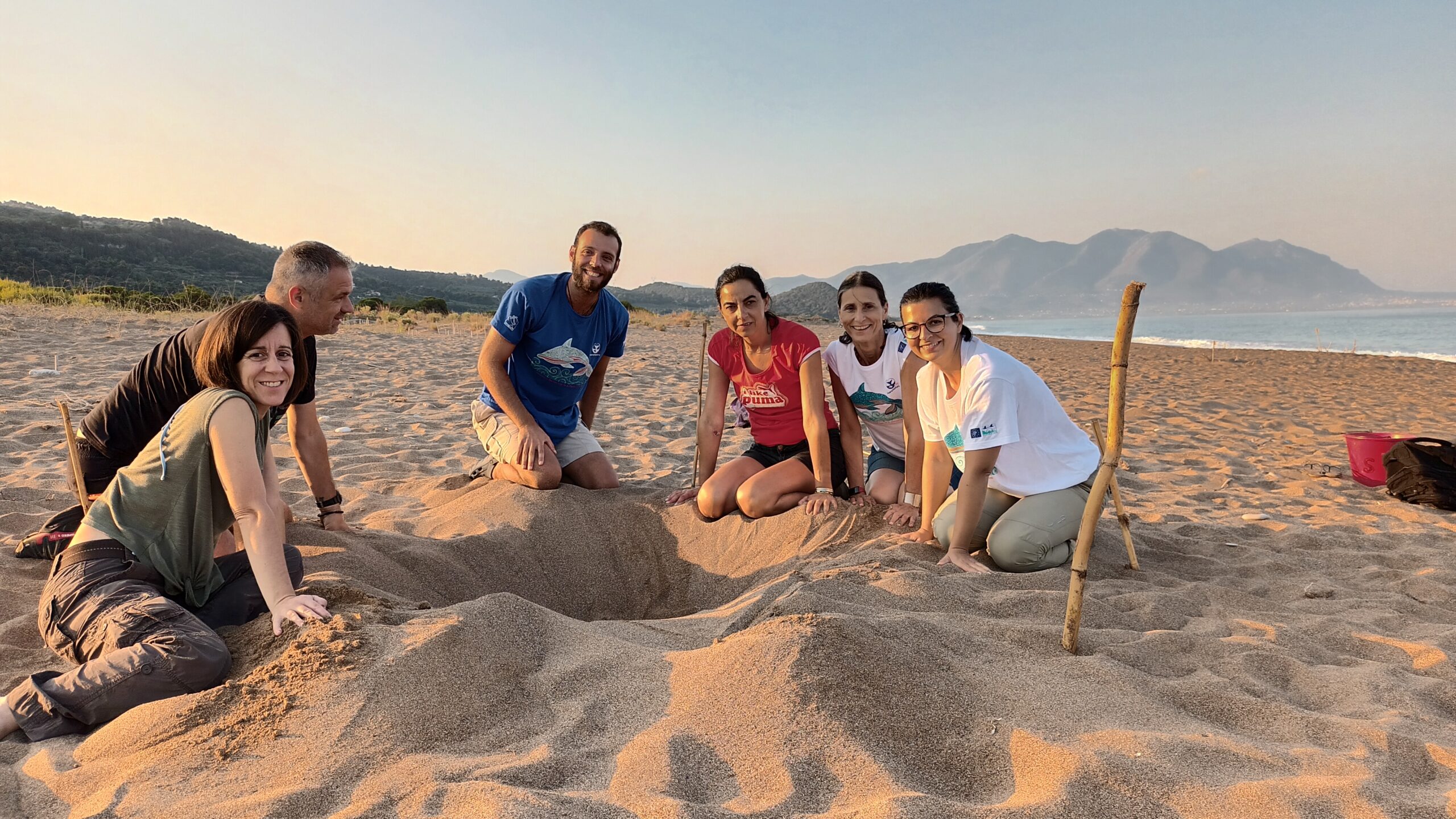
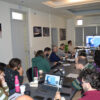


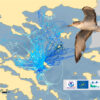

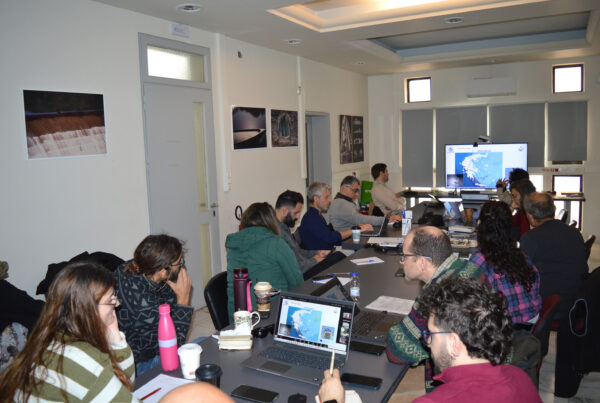
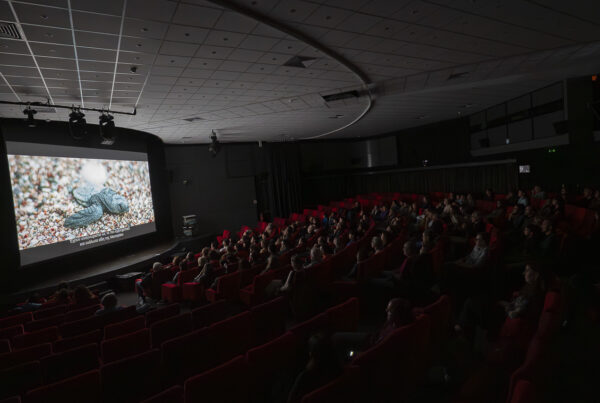
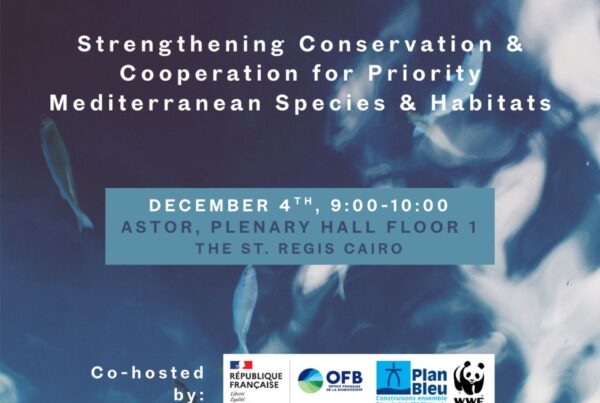


 Ελληνικά
Ελληνικά Italiano
Italiano